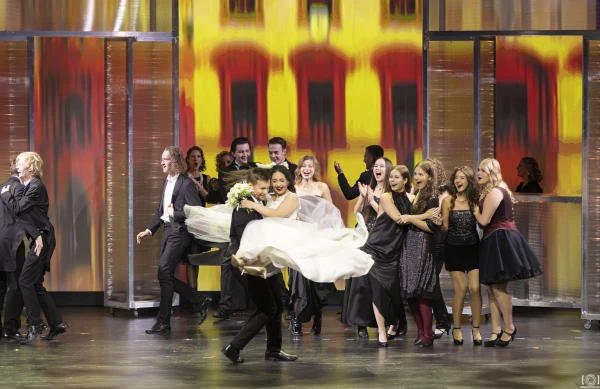
The Riga State Operetta Theatre, founded in 1945, was reorganized in 1993 and ceased to exist in 1995. However, Latvian audiences have not been left without operetta.
The Star Flew to Israel
Eleven years ago, an initiative group first created the Operetta Fund and then the Latvian Operetta Theatre, which now operates on various stages. Recently, it achieved the incredible - staging an operetta with the soul of an opera - "Judith" by Franz Lehár.
The operetta theatre, located on Lenin Street (now Brivibas), used to offer three to four premieres per season. The level of performance was high, and the shows in Russian were presented on tours throughout the Soviet Union. In addition to operettas, the theatre staged operas, vaudevilles, musicals, and song-operas. The theatre had both Latvian and Russian troupes, each featuring bright and talented performers.
The star of this theatre was Zhanna Glebova, who studied at the Kyiv Conservatory and moved to Riga with her husband in the seventies. She played leading roles in productions such as "Sister Carrie," "Then in Seville," "The Man from La Mancha," and "My Fair Lady." In 1981, she starred in the lead role in the film "Silva," based on the operetta by Imre Kálmán and directed by Jan Frid. She became a distinguished artist of Latvia. In 1990, she moved from Riga to Rehovot, Israel, where she still lives, now 75 years old.
"Until It Gets Boring!"
Ironically, the operetta theatre was closed by the then Minister of Culture Raimonds Pauls, who had often collaborated with this troupe! He stated that the operetta genre was dying.
As it turned out, the rumors of the operetta's death were premature. Eleven years ago, an initiative group led by pianist Agija Ozolina-Kozlovska emerged. At that time, hope for the revival of the theatre, especially with state funding, was fragile. However, producer Agija attracted many acquaintances, including former banker Ilze Jurkane, who said: "I will raise this issue at all levels, I will tell everyone until it gets boring!"
And the genre of operetta, which seemed to have sunk into oblivion, suddenly turned out to be incredibly in demand. This demand was evident both in the provinces (for many years, a festival has been held in Ikšķile during the summer, with open-air venues full) and in the Latvian capital — at the "Ziemelblazma" Culture House, one of the most famous operettas, "The Merry Widow" by Lehár, was staged with opera diva Sonora Vaice in the lead role, among other productions.
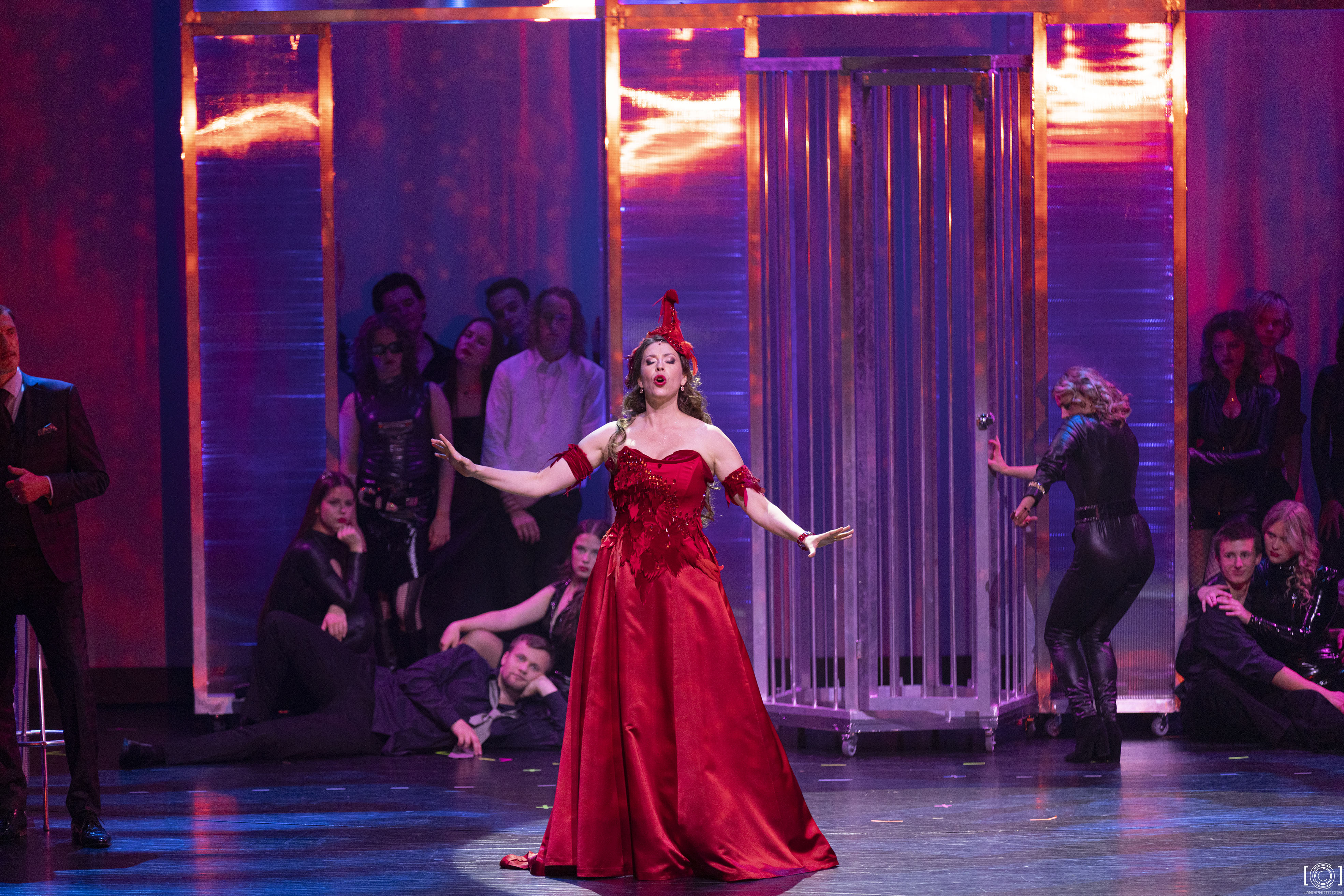
"Operetta is a performance for everyone: men, women, youth, and older people… At one time, it was one of the most attended theatrical genres in Latvia, so it still has fans," says Ozolina-Kozlovska.
In Search of Funds
In Ikšķile, in a picturesque area near Ogre, a city fifty kilometers from Riga, a petition was announced to support the recreation of the theatre, gathering 14,000 signatures. A couple of years ago, Ms. Ozolina-Kozlovska reported that the local mayor and then Minister of Culture of Latvia, Nauris Puntulis, signed a memorandum of intent in Ogre, according to which the operetta theatre would be located in the city’s People's House! Officially, it will be the theatre of operetta and music.
In his speech at the now People's House, Mr. Puntulis (by the way, a professional singer himself) assured that he would do everything possible to fully realize this idea. However, he soon resigned. In turn, the mayor of Ogre said: "Music will once again sound in this house, and only in collaboration with the Ministry of Culture and the state will we be able to achieve this." Whether it is possible or not will soon be known, as the decision to restore the operetta theatre is one of the steps towards Ogre's aspiration for the status of European Capital of Culture in 2027.
Meanwhile, in the Riga Palace of Culture "VEF," "Judith" by Franz Lehár has been staged. Among the audience at the premiere was the current Minister of Culture of Latvia, Agnesa Lace - a good sign for the operetta.
The aria of the main character is known worldwide, even to the uninitiated - it is the very melody that was once sung by the tireless Anna Netrebko, sparkling her bare heels to the rhythm of a fiery dance, while millionaires and heads of state applauded her in the hall!
Meet the Culture of Austria!
Riga's "Judith" was met with thunderous applause after the performance. The operetta theatre staged it in honor of the 155th anniversary of the composer. The production was created by Austrian director Gernot Kranner together with a group of like-minded individuals: set designer Herwig Libovicky (Austria), costume designer Alexandra Brandner (Germany), and assistant director - the renowned opera diva Sonora Vaice. An international team involving forces from Austria, the homeland of the operetta!
"Introducing the world to the culture of my homeland, Austria, has always been my long-standing dream," says director Gernot Kranner. "By staging the operetta 'Judith' in Latvia, I have enriched myself, seeing how brilliant singers live here and how wonderful musicians can conquer people's hearts with the power of music. I hope this production will give the audience new discoveries and joy of life."
"I have long nurtured the idea of staging 'Judith' by Franz Lehár in Latvia, so it could bloom in collaboration with Austrian director Gernot Kranner, who is an expert in the genre, understands the specifics of the vocal, and is also a professional singer, actor, and dancer," says the head of the operetta theatre Agija Ozolina-Kozlovska. "He has already successfully staged 'Judith' at the Lehár festival in Bad Ischl (Austria). We are glad that the director found the time to create a performance in Latvia. 'Judith' is a fabulously beautiful music and a truthful, expressive story that raises many questions about freedom, love, and choice."
In the title role, in various casts - Anta Jankovska (Italy) or Anastasia Dolgonenko (Latvia). In the role of Octavio - Dainis Skutelis or Juris Jope. The cast also includes a choir, dancers, and a symphony orchestra. The conductor is Atvars Lakstigala, and the choreographer is Ieva Kemlere.
Well, for the revival of the operetta? Where's the champagne?

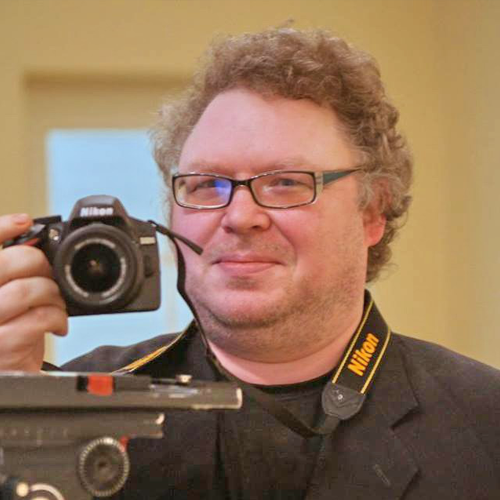


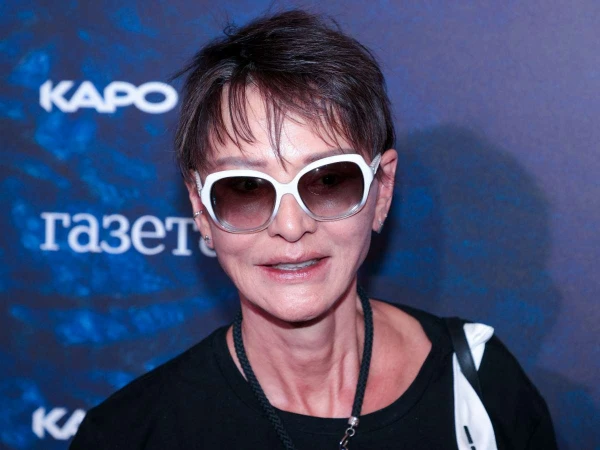

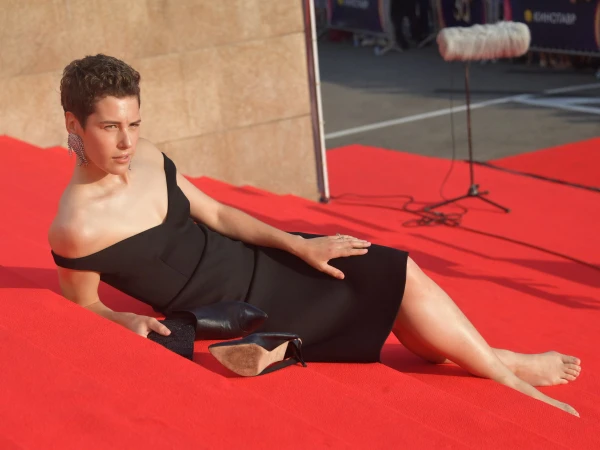

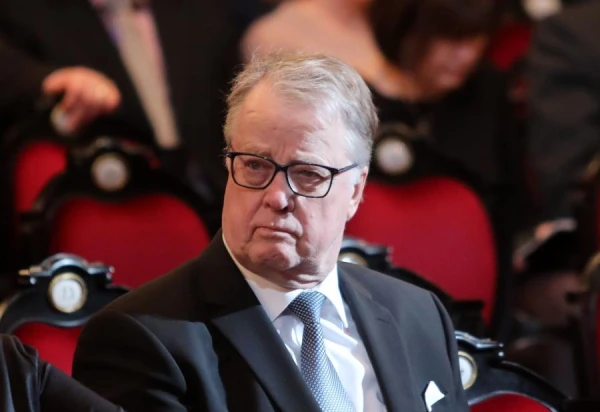
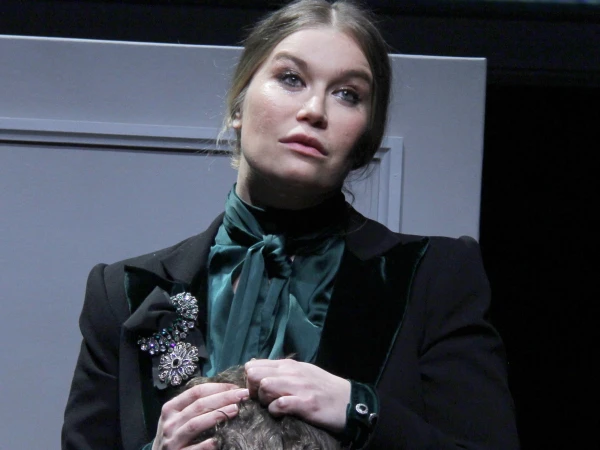



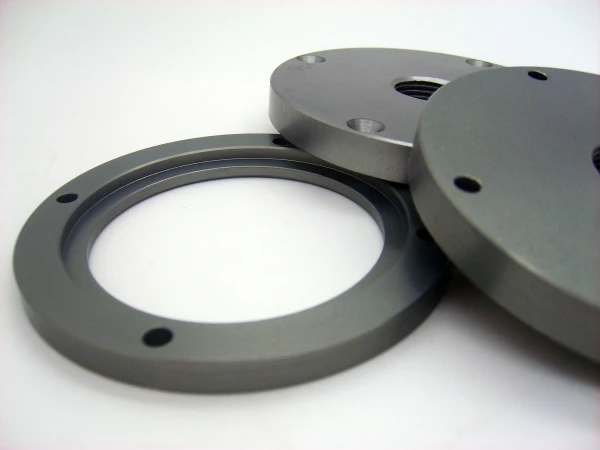
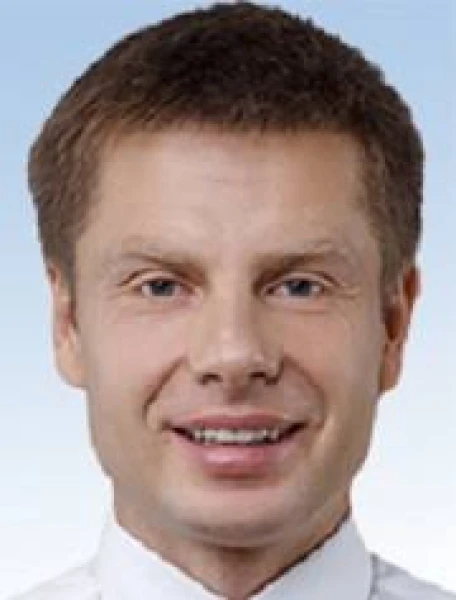
Leave a comment